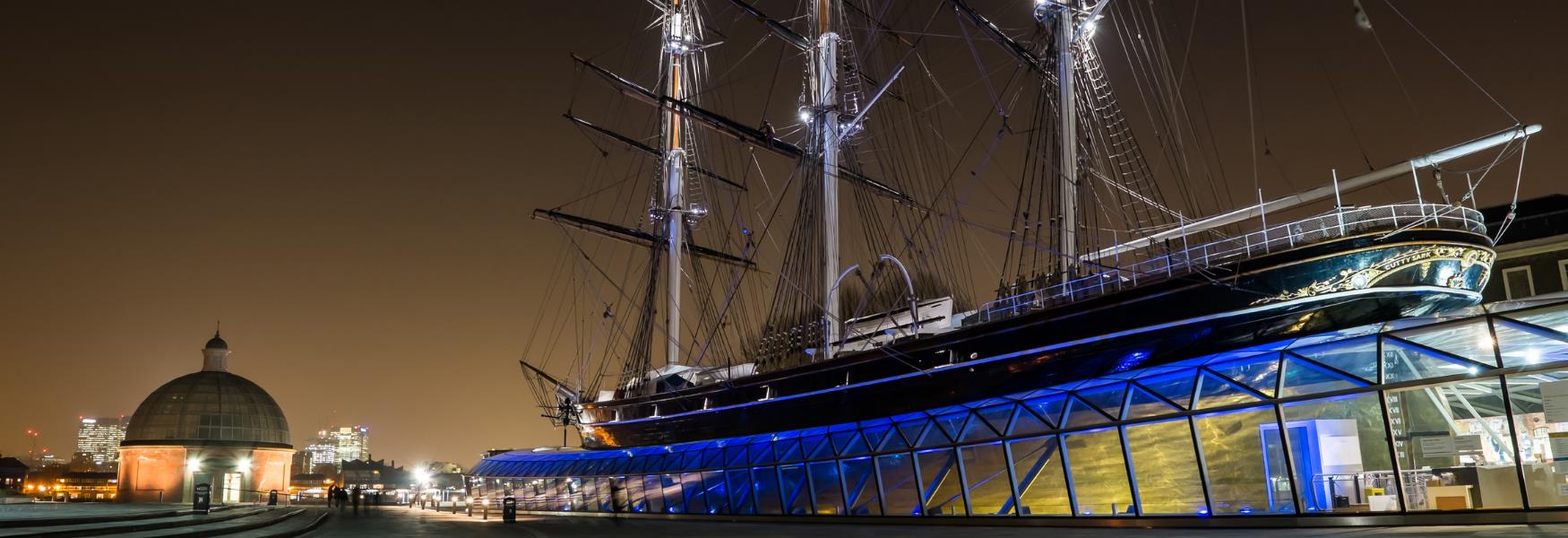Being an island, it’s hardly surprising that much of Britain’s history involves the surrounding oceans. The country’s maritime history is one of the most fascinating in Europe.
From the first explorers off to find new worlds, to invaders, to pirates and the creation of the Royal Navy, there is loads to learn about Britain’s coastlines and their heritage.
The Royal Navy
The British Royal Navy was created in the 1700s, following the Acts of Union where Scotland and England joined under one crown. The Royal Scots Navy, which had a successful history in its own right, merged with the English Navy, bringing the Royal British Navy, or as it is better known these days, the Royal Navy into being. In its early years, the Royal Navy had more ships than any...Read More
Being an island, it’s hardly surprising that much of Britain’s history involves the surrounding oceans. The country’s maritime history is one of the most fascinating in Europe.
From the first explorers off to find new worlds, to invaders, to pirates and the creation of the Royal Navy, there is loads to learn about Britain’s coastlines and their heritage.
The Royal Navy
The British Royal Navy was created in the 1700s, following the Acts of Union where Scotland and England joined under one crown. The Royal Scots Navy, which had a successful history in its own right, merged with the English Navy, bringing the Royal British Navy, or as it is better known these days, the Royal Navy into being. In its early years, the Royal Navy had more ships than any other and the Napoleonic Wars saw some of the most memorable feats of its officers.
From then on, the Royal Navy has played a vital role in a number of conflicts, including the First and Second World Wars. After WWII, the decline of the British empire saw a reduction in the size of the Royal Navy, it is still an impressive force internationally and works with the US and Russian Navies to keep peace around the world as part of NATO.
Famous ships
Here in the UK, a number of naval vessels carry the same amount of fame and recognition as royal palaces and castles. A number of them are now grounded and act as tourist attractions, including the Cutty Sark, which can be viewed in Greenwich in London and is a former clipper ship built in Scotland.
The SS Great Britain is another famous ship that can be visited by tourists. Located in Bristol, it was the second ship designed by Isambard Kingdom Brunel. The ship was the first large iron steamship to use a screw propellor and was abandoned in the Faulkland Islands before being returned to Britain and restored.
HMS Victory fought at the Battle of Trafalgar and was involved in a number of naval expeditions before returning to a drydock in Plymouth, while HMS Britannia, a former royal yacht can be visited in Leith, Scotland.
Other famous British ships include the Titanic, which sank on its maiden voyage. It was built in Belfast and departed from Southampton on 10th April 1912 on its way to New York City. On route, it hit an iceberg and began to flood resulting in the deaths of hundreds of passengers. The Mary Rose is another example of Britain’s darker maritime history. The ship was part of Henry VIII’s Tudor Navy, and was one of the largest ships in the Navy at the time, serving over 33 years. It took part in a number of wars before sinking just north of the Isle of Wight.
Britain’s pirates
The pirates that we know and love from films, including Jack Sparrow, are based on real people. Britain actually had a huge piracy problem during the so-called Golden Age of Piracy, where privateers and former Navy men terrorised coasts around not only the UK but the rest of the world. A number of pirates used Lundy Island, just off the coast of Devon in the Bristol Channel, as a base for a time.
The accent that is synonymous with British pirates is similar to that of the South West of England. This is because a number of the best known pirates and privateers are actually from this part of the UK, including Blackbeard aka Edward Teach and Henry Morgan.
Piracy actually dates back a lot further than you might think. There have been reports of piracy in the English Channel and along the coastal towns of the UK since Roman times. In fact, many acts of piracy were legalised by the crown, with pirates and privateers only being penalised when their activities hindered foreign policy. In fact, Dartmouth Castle in Devon was even built by a pirate! John Hawley was one of the most famous pirates of his time and was even mayor of Dartmouth fourteen times and MP twice!
The Mayflower
One of the most famous voyages to leave England was that of the Mayflower, which transported British families, known as the Pilgrims, to the New World – America – to begin colonising.
The voyage recently celebrated its 400th anniversary, with events taking place all over Britain, but primarily in Plymouth, where it set sail.
Read Less to add an item to your Itinerary basket.
to add an item to your Itinerary basket.
